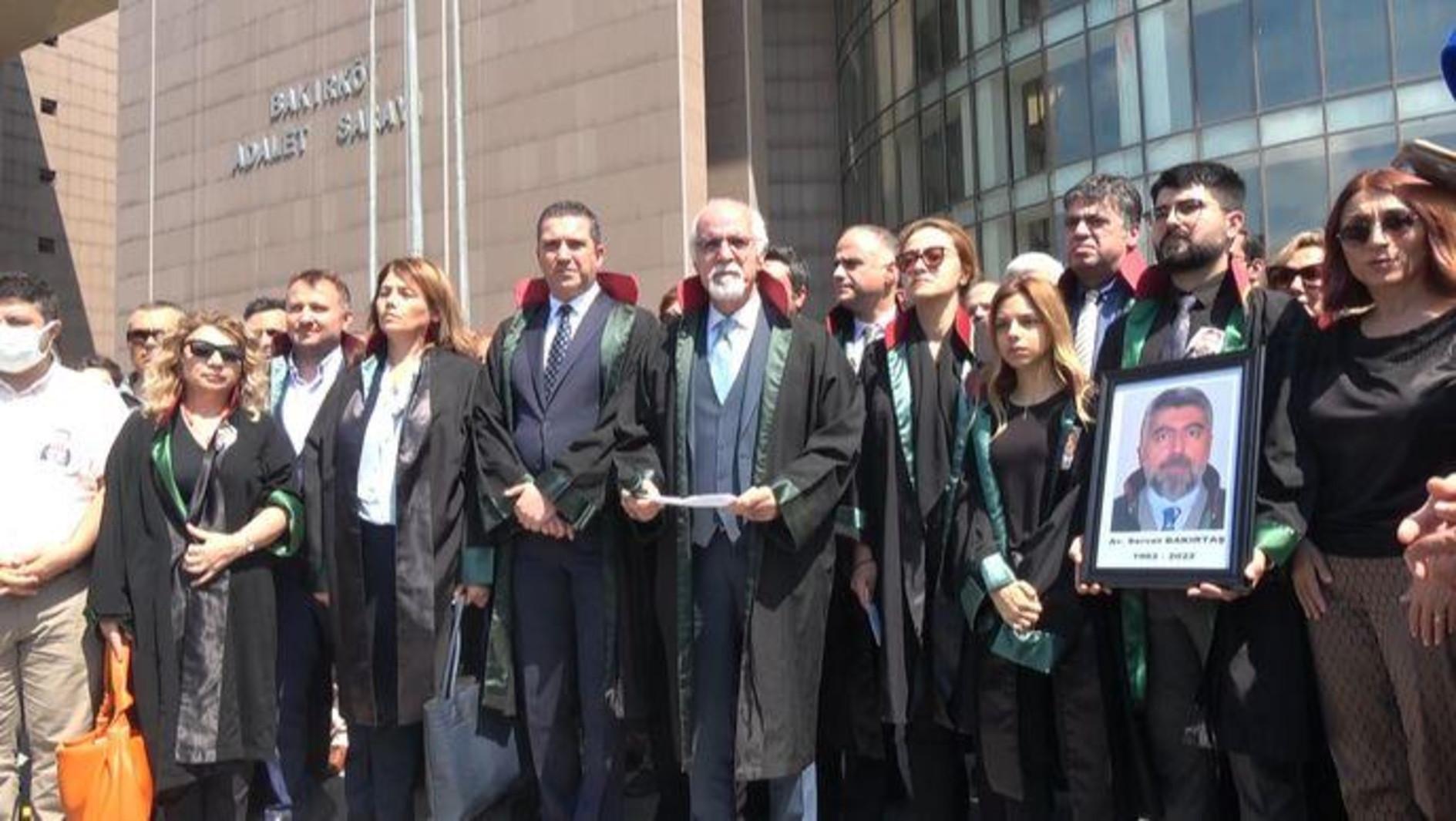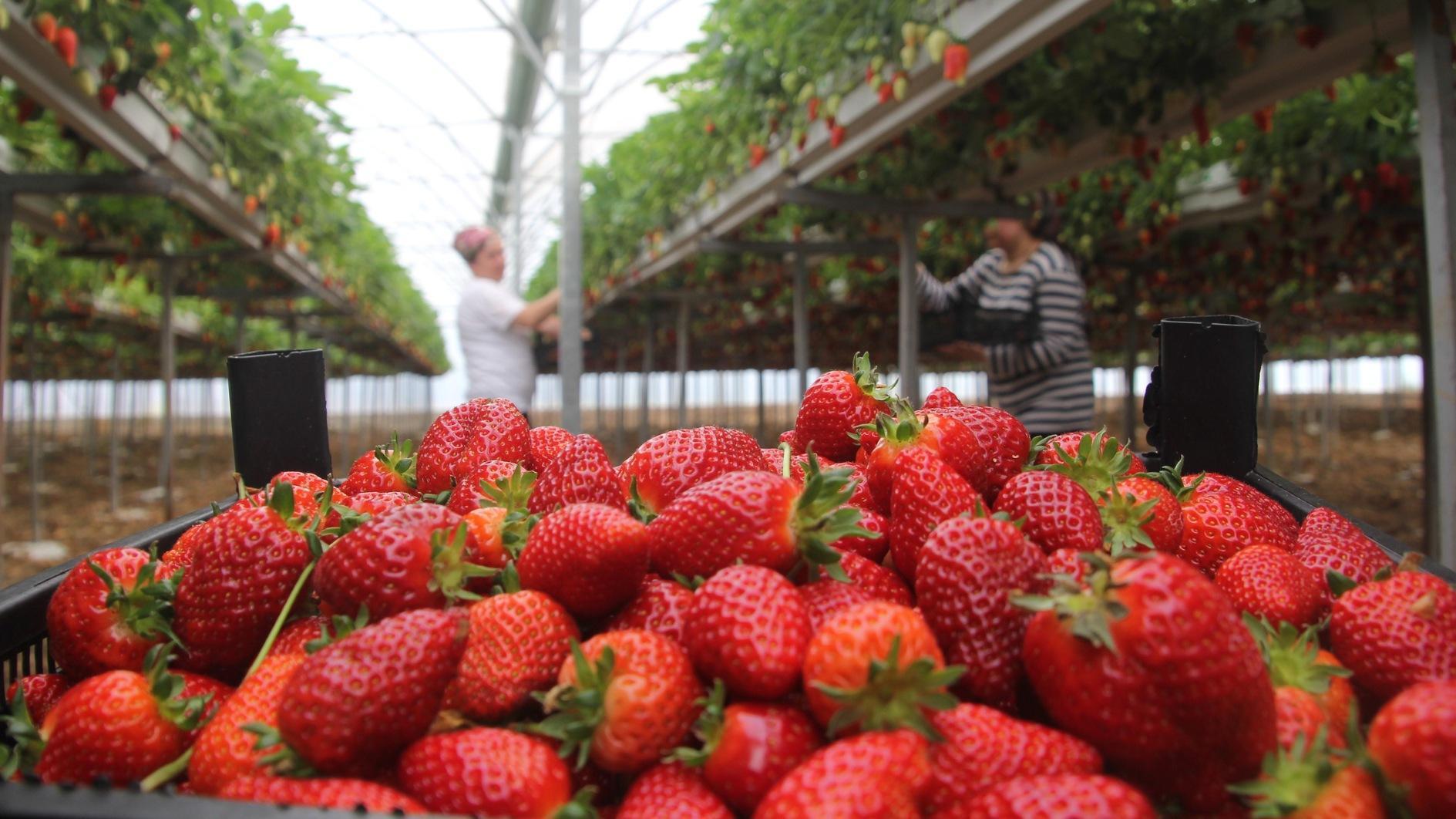Turkey’s Great Normalization
There are two kinds of countries in the world. Ones where the election results are revealed after the ballots are counted and ones where results are known long before the first vote is cast. Turkey for sure belongs to the first category. We are no Ukraine, no Egypt.
Turkey is going to have its 18th multi-party general election this Sunday. It will be the Republic’s 18th such event, if you start the list with the 1946 elections. That first time was the only general election that was tainted by severe election fraud allegations. People actually had to cast their votes openly and their ballots were counted secretly. We later figured out that it was better to do it the other way around. And what was learned stayed learned, but we never forgot the shame of 1946. We are used to free and fair elections now, and we know that the ballot box is the only viable solution.
So what is the significance of this election? I see it as Turkey’s first big step toward being a more boring country, a process I call the “Great Normalization.” I am not entirely sure about the imminence of the process, but its significance is clear to me.
Let me tell you about three aspects of the Great Normalization. First, we will see whether a complete changing of the guard is possible under normal democratic circumstances. Many third-term ministers and MPs of the Justice and Development Party (AKP) are now leaving the scene. These are the big shots of the last decade, mind you, the people who, for better or worse, stabilized the economy, conducted foreign policy and reformed the bureaucracy. We will no longer have tried and true hands at the reigns, but regular human beings with something to prove. Shifting power between individuals might be the single most important task of republican government. The elections will show us how Turkey measures up.
Second, we are about to embark on a period in which parliament will be the center of activity, rather than the Prime Minister’s Office. What does that mean? It could mean the calming down of the current polarized atmosphere, the abandonment of politics of discord and Turkey remembering its culture of consensual politics. That at least, is what the country needs at this stage. This transition, if handled properly, would benefit the Kurdish reconciliation process as well as the economy. Why? Because the politics of consensus would narrow the margins for individualistic thinking and encourage collective action. The country would slow down, get out of its crisis mentality and come to its senses. Yes, all the wheeling and dealing of parliaments can look messy at times, but that’s what it’s for – to bring the messiness into the light rather than let it fester in backroom deals.
Third, Kurdish politics, with the Peoples’ Democratic Party (HDP), is becoming a national movement with an agenda for the whole country. They have been making a point of campaigning everywhere in this election, and I think they will reap the benefits of that on Sunday night. There is an increasing number of Turks who are ready to vote for them, not only because they are aware of potential post-election parliamentary balances, but also because they believe in the liberal values and sincerity of the HDP. Turkish politicians have not been talking openly to their constituents about the Kurdish reconciliation process, so their Kurdish counterparts are filling the vacuum. Think about that: Kurdish leaders are reaching out to Turks with a normal agenda. That is all good news for Turkish democracy.
I know it looks messy now, but the trends underpinning this election could well yield a more stable country in the long run. The Great Normalization is underway.
But there is a caveat. Tip O’Neil famously said that “all politics is local.” I think Joe Biden improved on the phrase by saying that “all politics is personal.” That means that individuals can at times throw a wrench into the gears of history. We know from economics that the assumption of rational action is completely and utterly false. All politics is personal. But if you ask me, that’s what makes this experiment so interesting.











